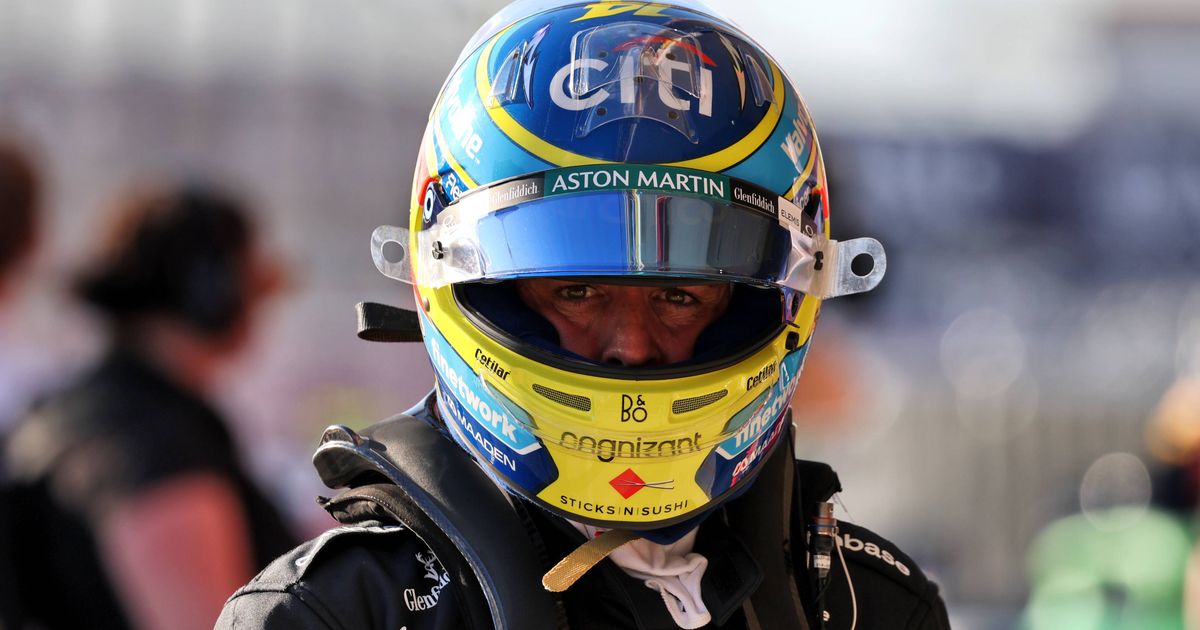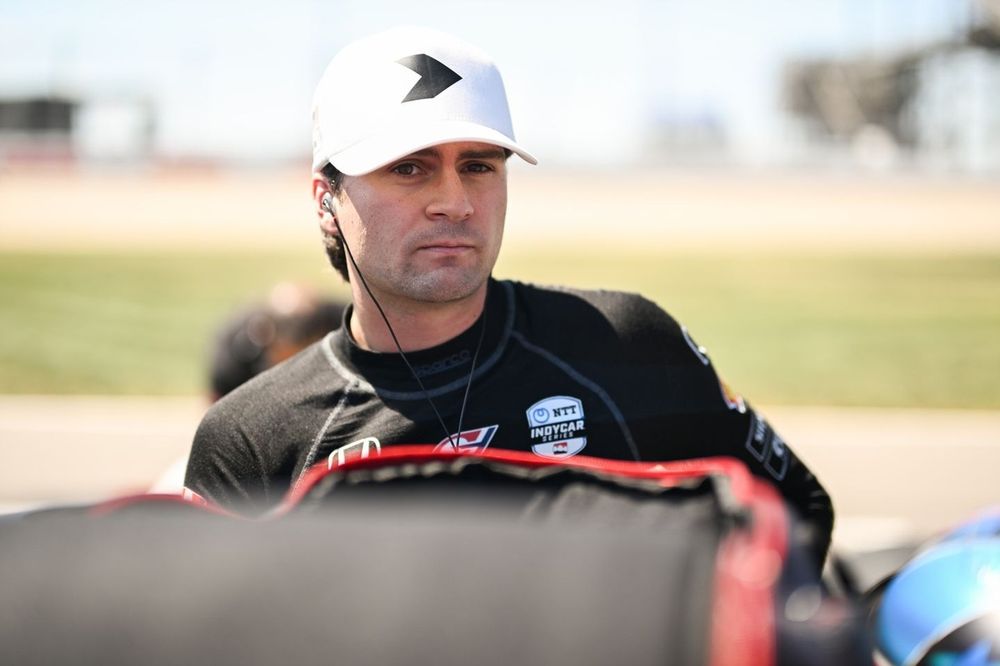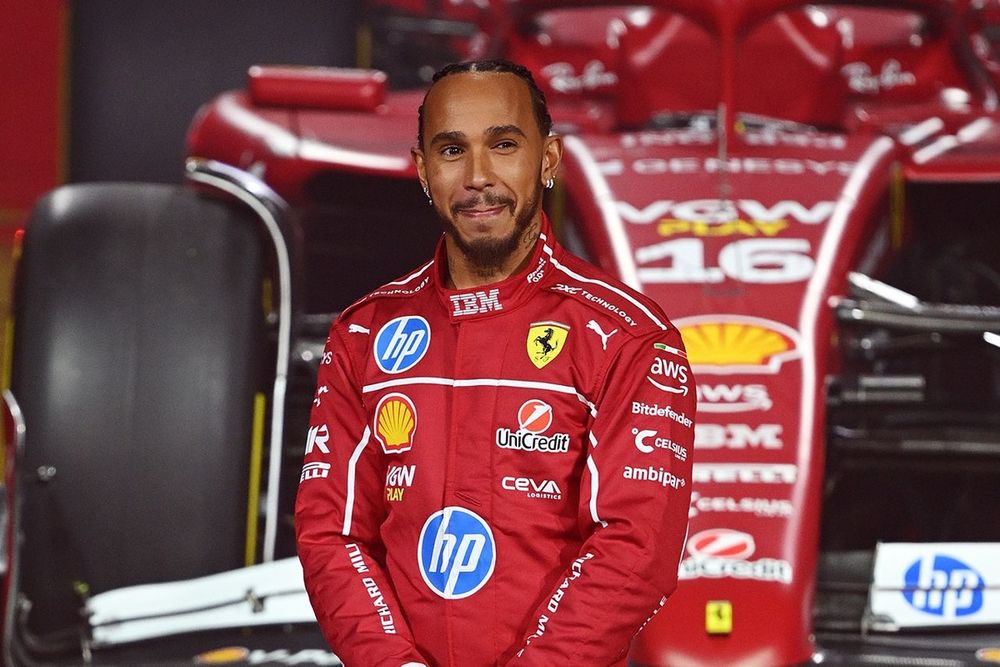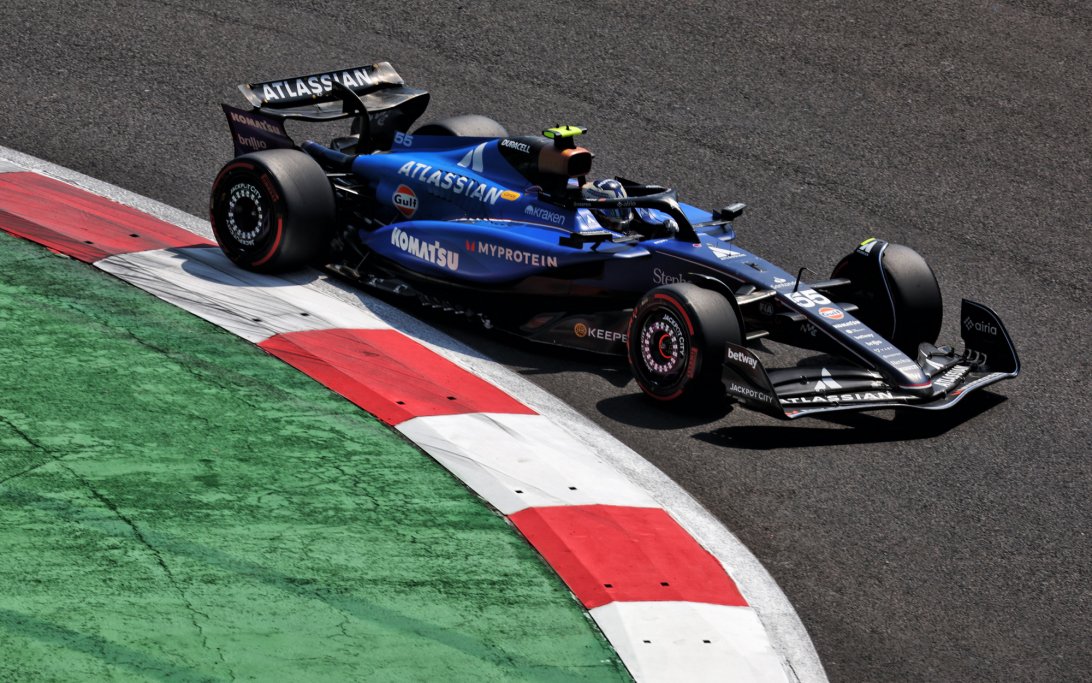
F1 Responds to Alonso's Mexican GP Radio Complaints
Fernando Alonso's outspoken radio messages during the Mexican Grand Prix, where he criticized drivers cutting Turn 1, have drawn a response from F1's Director of Broadcast and Media, Dean Locke. Locke emphasized F1's commitment to fair and accurate storytelling, stating they are not a "mouthpiece" for drivers, even for someone as "incredible" as Alonso.
Why it matters:
F1's approach to broadcasting team radio is a delicate balance between entertainment and journalistic integrity. Alonso's comments highlight the ongoing tension between drivers' real-time frustrations and F1's responsibility to present a balanced narrative to millions of fans. This incident underscores the careful curation of content F1 undertakes to ensure fairness and avoid misrepresentation.
The Details:
- Alonso's Complaints: During the Mexican GP, Alonso repeatedly used his team radio to directly address FOM and the stewards, highlighting several drivers, including Liam Lawson and Carlos Sainz, who he believed gained an unfair advantage by cutting Turn 1 at the start.
- Stewards' Decision: The stewards ultimately ruled "no further action" on the incidents Alonso highlighted, which reportedly led to increased sarcasm from the Spaniard over the radio.
- F1's Stance: Dean Locke, F1's Director of Broadcast and Media, stated in an interview that F1 has a "responsibility to tell the story fairly and accurately" and does not publish anything misleading or with other intentions.
- "Not His Mouthpiece": Locke admired Alonso's ability to drive and still be aware of his surroundings but firmly stated, "But we are not his mouthpiece."
- Purpose of Broadcast: Locke emphasized that the goal is to entertain fans with engaging team radio moments without encouraging misinterpretation or sensationalism.
- Past Precedent: Locke recalled Alonso's previous tactic of using Italian for specific radio messages during his Ferrari tenure (2010-2014), which he stopped when F1 began subtitling them into English, suggesting drivers can have ulterior motives for their radio communication.
Between the Lines:
Alonso's radio rants, though ostensibly about fair play, also serve as a form of strategic communication. By airing grievances over the broadcast, drivers can subtly pressure race control or influence public perception. F1's decision to not fully air such comments, and Locke's remarks, reveal an understanding of these tactics and a commitment to maintaining control over the narrative.
What's Next:
While Alonso's frustrations are understandable from a competitive standpoint, F1's response indicates a firm policy on how driver communications are handled for broadcast. This incident reinforces that F1 will continue to curate team radio content to serve its broader goals of entertainment and accurate storytelling, rather than simply acting as a direct conduit for driver grievances. Drivers will likely continue to use the radio for various purposes, but F1 will maintain its editorial discretion.
Original Article :https://www.gpblog.com/en/news/f1-hits-back-at-alonsos-radio-rant-in-mexico-fern...









